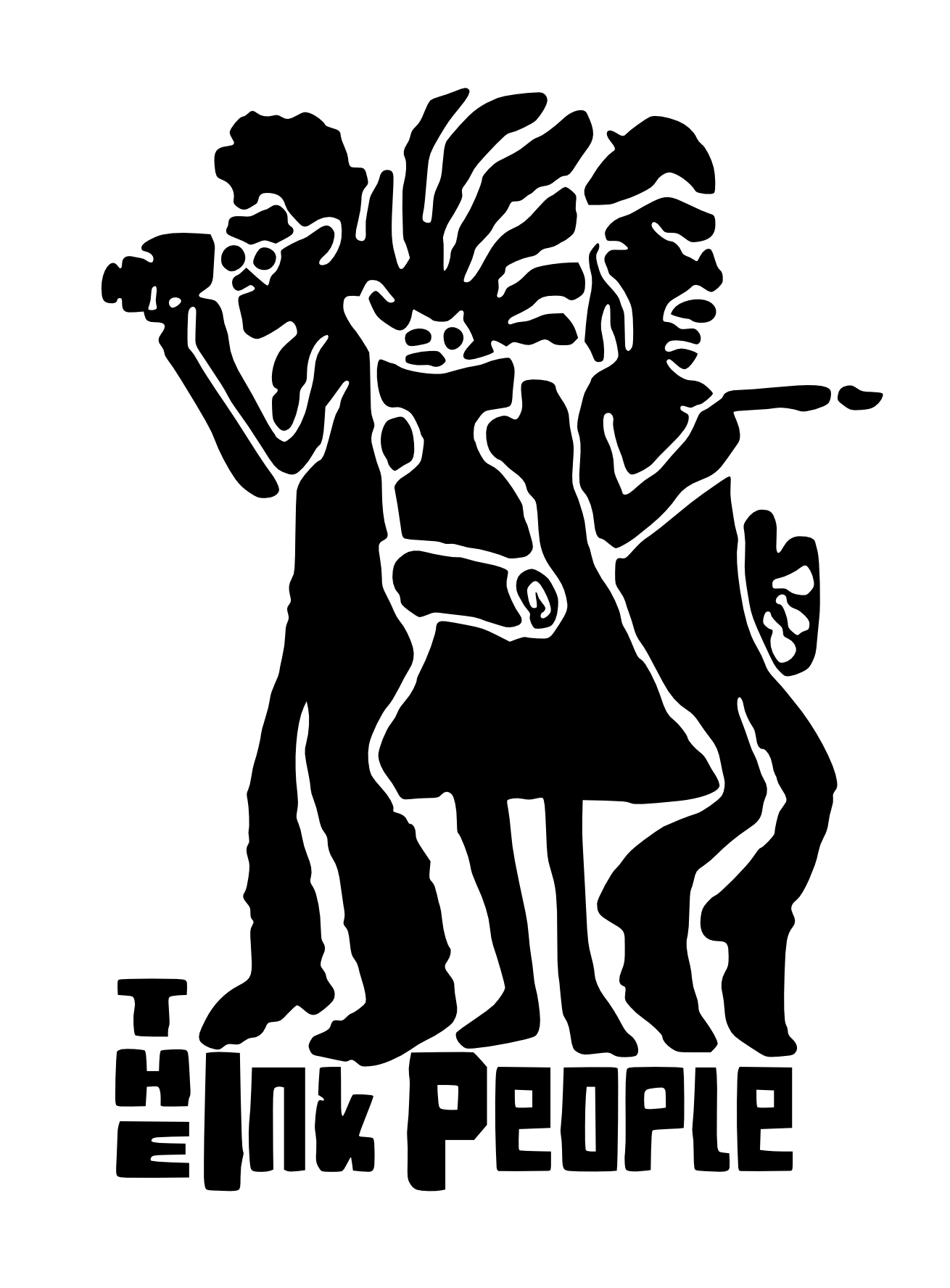Jennifer Bell and Jessica Eden
GO Locavore!
Filmmakers Jennifer M. Bell and Jessica Eden take a deep dive into Humboldt waters
The newest documentary from independent filmmakers Jennifer M. Bell and Jessica Eden, “Albacore Tuna: the Tale of a Fish,” provides an in-depth look at the process through which tuna finds its way from the northern Pacific onto Humboldt plates.
This new release is the third in a trilogy of food-themed documentaries Bell and Eden have made. All are spinoff projects from “Food for Thought,” the DreamMaker project and long-running radio program the duo created for now-defunct public radio station, KHSU. Films in the series examine how food is produced in Humboldt County, providing an insider’s view of every stage of the farm-to-table — in this case ocean-to-table — process.
Dockside interviews make it clear that fishing in Humboldt is more a way of life than a job. Kathryn Vanderpool, who operates a commercial fishing boat out of Eureka with her husband, emphasizes the satisfaction derived from knowing exactly where your food comes from.
“I raised my children at sea,” she says. Those children “understand that the clothes on their back, the food that goes in their mouth, and the nice little house that’s over their heads is there because we put a hook in the water, and we catch the fish, and we take the fish to town and we sell it.”
In the film’s opening minutes, this plainspoken summary gives way to drone footage that provides a gull’s eye view of the Eureka waterfront, with the camera swooping smooth as glass over opalescent currents. Even as interviews with fishing boat operators, scientists, and cannery executives demystify the tuna industry, intercut aerial footage communicates the ocean’s magic.
While working in radio for more than a decade, Bell realized that she wanted to tell stories that would pair audio with a visual dimension. After retiring from her job at Humboldt State University, she went back to
school to learn about storytelling and filmmaking, reasoning: “I was already doing these stories. Just to
put images with them... how hard could it be?” A steep learning curve clarified the answer to that question, she said, laughing ruefully. “Making films is the hardest thing I’ve ever done in my entire life!”
Fortunately, she and Eden have a working partnership that goes back more than a decade, and they were able to share the labor of producing, filming, and editing. “We don’t divide up the labor, like ‘you do this and I’ll do that.’ We just work as one.”
Big data has changed the fishing industry, and locating fish “starts with a computer now.” But these subjects’ stories illustrate the degree to which hardship and physical peril remain part of the job. We hear about what it’s like to enter Humboldt Bay in a storm, threading the narrow passage by the North Jetty that fishing people call “the jaws” under zero visibility conditions, while navigating waves “like freight trains, or mountains.”
The filmmakers devote equal time to the story of how the catch gets frozen, processed, smoked and canned, emphasizing local traditions and sustainable practices. Bill Carvalho, founder and president of Wild Planet Foods, explains that his company’s approach to canning was modeled on the practice of his Portuguese grandmother, who would buy fresh tuna at the Eureka docks “every weekend” and preserve it with salt in mason jars.
Bell advises wannabe locavores to look out for the hand-lettered signs that appear in Eureka alongside Highway 101 in summertime. “You can go down to the docks and buy fish directly from the fishermen when it’s available. It’s easy, and it’s so much fun - it’s not intimidating at all.” Buying black cod, halibut or albacore straight off the boat does more than guarantee freshness; Bell points out that it also “leads to greater awareness in the community. People need to be tuning in to their local food cultures.”
“Food integrates so many topics, touching on culture, environment, sustainability, and relationships,” the documentarian summarizes. “Even after producing over 300 editions of ‘Food for Thought’ for radio, people would say, ‘Aren’t you running out of stories?’ and I would say, ‘Nowhere close.’”
Watch “Albacore Tuna: the Tale of a Fish” at https://vimeo.com/channels/foodforthoughthumboldt



